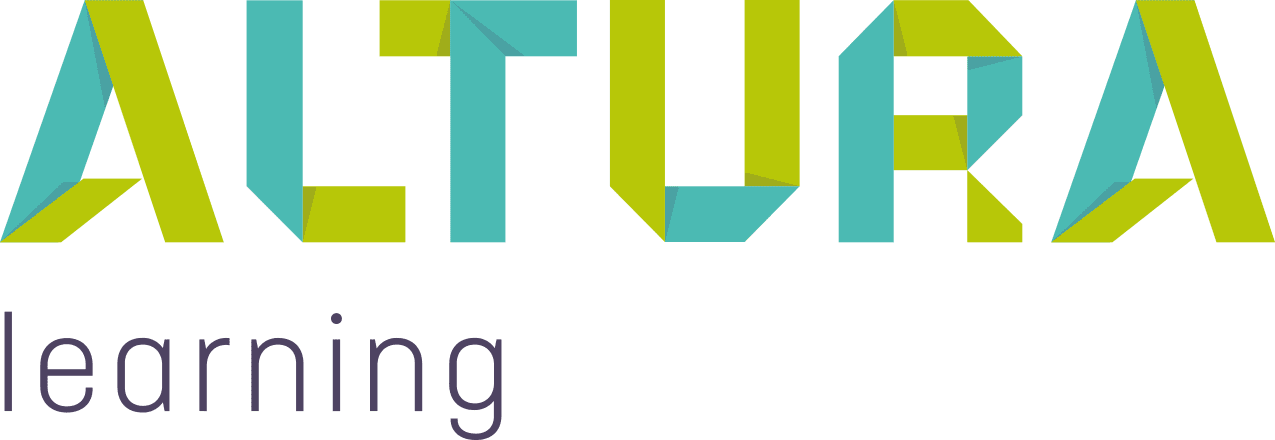Home | Altura Blog |
Responding to Pain
April 6, 2021 | Altura Blog
Topic:
Healthy Ageing Pain
Recognising when someone is experiencing pain is only half of the story, how you respond to their pain can be pivotal to their quality of life. Pain management plans are developed to relieve someone’s experience of pain but we need to be aware of possible barriers and types of pain therapies that can impact how effective the plan is.
Whilst conventional pain management such as medication serves a purpose, modern day pain management recognises the benefits of combining pharmacological and non-pharmacological strategies; such as complementary therapies. For example – What role can acupuncture, yoga and meditation play with different classifications of pain?
Through assessment of the individual and understanding their needs and the different therapies available to treat pain, you will be able to support a plan that is both diverse and effective.
Our new course Responding to Pain: Home Care, provides an in-depth explanation of what pain management is; taking a holistic approach to the key factors that play a role in the individual’s experience of pain. You will be guided through pharmacological and non-pharmacological pain management strategies as well as identifying when and how to review an existing plan.
The course will be added to the home care library on the 14/04/2021 as an aged care course online and is a developing course on the Altura Learning, Learning Pathway, so it’s perfect for all nursing and care staff who work in home care.
Target Audience: Care and Nursing Staff
Program Aim:
Pain can be a debilitating experience for the older person, affecting them both mentally and physically. This course explains the pain management strategies that can be implemented to respond to the signs and symptoms of pain.
Learning Outcomes:
- Explain what pain management is
- Recognise potential barriers to effective pain management
- Identify pain management strategies that can be implemented to support the older person
- Describe when pain management strategies require review
Watch the course trailer here.
As usual, the course is supported by our suite of learning resources which includes our Quick Reference Guide and Infographic which are terrific tools to support quick refreshers of the content, micro-learning or tool box talks.
This course replaces the home care course Pain: Recognising and Reporting
Tips
- Effective pain management will improve the individual’s function and ability to engage in their daily activities, improve their sleep, appetite and overall quality of life.
- Pain management is more effective when it combines both pharmacological and non-pharmacological treatments.
- Pain management strategies should be evaluated regularly, to ensure they remain effective.


